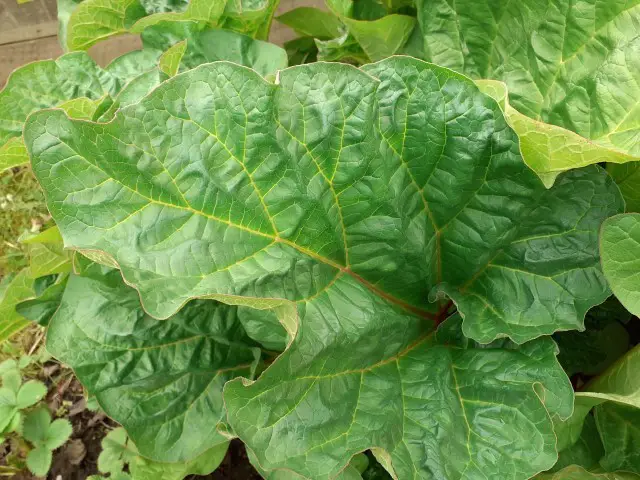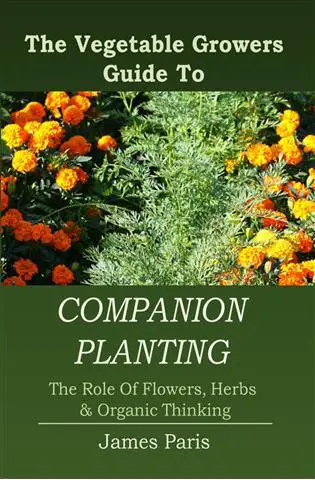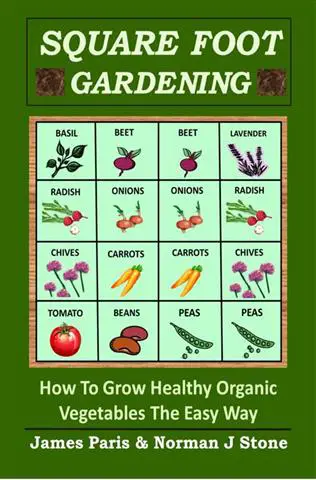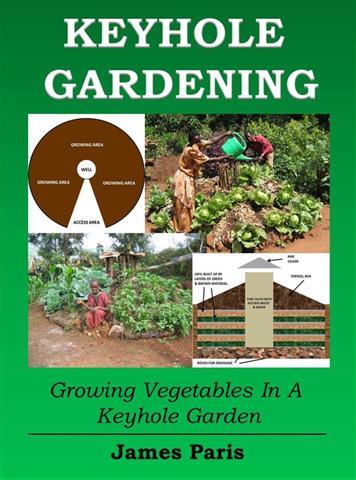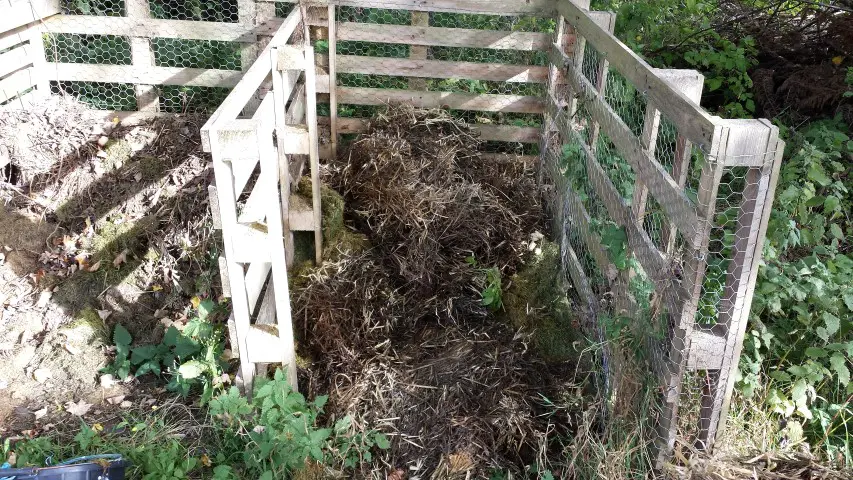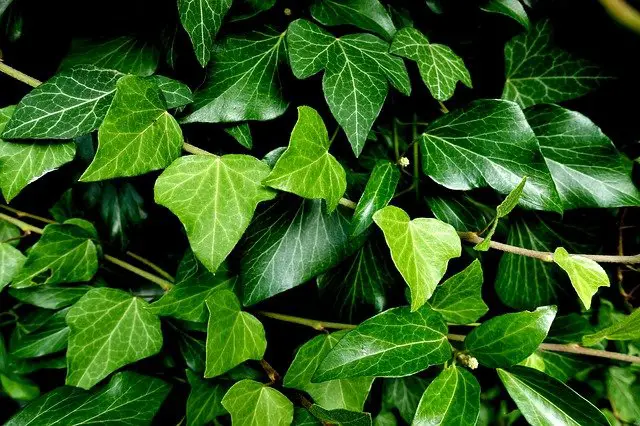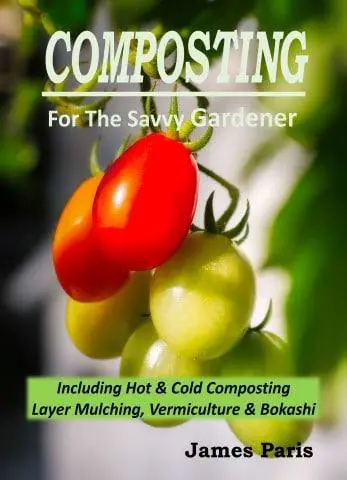There are a lot of plants that are poisonous to eat, both for humans and for animals. Indeed there are many vegetable and fruit plants that are poisonous in part only, for example Rhubarb leaves are highly toxic but the stalk is delicious!
Potato leaves are also highly toxic to ingest, but of course the potato tuber itself is a staple food for millions worldwide who absolutely rely on it – but can you compost them?.
The quick answer is YES, you can compost all plants in a compost heap – even potato leaves! Poisonous or not, as the chemical compounds that make up the toxins are effectively broken down during the composting process.
To speed up the process it is best to chop up the plants with larger leaves or thick stems before adding to the compost bin.
What vegetable plants have poisonous leaves
Common edible plants that have the most poisonous leaves include the following..
- Rhubarb: The stalks may be delicious, but the leaves are highly poisonous to both human and animal. High in oxalic acid, the ingestion of rhubarb can cause quick liver failure and subsequent death.
- Potato: The widely consumed potato nevertheless has highly toxic leaves which contain solanine
 that causes diarrhoea, sickness, headaches, and even paralysis of the nervous system that may lead to death in severe cases. Green potato tubers also contain solanine and should not be consumed.
that causes diarrhoea, sickness, headaches, and even paralysis of the nervous system that may lead to death in severe cases. Green potato tubers also contain solanine and should not be consumed. - Tomato: The most popular of all veggies (actually classed as a fruit), The leaves, unripe fruit, roots and stem contain tomatine, an alkaloid which will result in stomach pains or gastrointestinal issues.
- Red kidney beans: When undercooked most legumes are indigestible to some extent, however the red kidney bean is highly toxic if not cooked properly as it contains phytohemagglutinin, an unpronounceable word with a sever effect of extreme nausea, vomiting and stomach pains – and that will most probably lead to hospitalisation. All the details on phytohemagglutinin on this FDA Pdf

Can diseased plants be composted
Although a diseased plant will compost, it is inadvisable to do so as the airborne pathogens responsible for the disease can spread to other plants near the compost heap, and some will remain in the compost indefinitely especially if it has not been ‘hot composted’ – a composting process that will eliminate most pathogens and unwelcome ‘visitors’ from the compost.
Similar to dealing with roots on weed and other plants in compost, it is better to burn diseased plants rather than compost them. The ash, which contains beneficial potassium can then be added to the compost heap without fear of contamination.
Can rotten fruit be composted
Everything that is organic in nature can be composted, but some things as we have seen definitely should not be. Fruit – rotten or otherwise – is an example of a plant that is ok to add to the compost, but with certain provisos.
Citrus fruits for example add acidity which can kill the good bacteria needed to break down the organic material, so it is wise to limit this.
Fruit also attracts vermin, flies, wasps, and other scavengers, especially rotten fruit. For this reason if you do add fruit to the compost then it is better to bury it under a few inches of material.
Can Ivy be composted
Ivy is a very pernicious plant and even when cut to pieces with roots removed, it can re-grow in soil. However if you wish to compost it you need to shred it up with a shredder then leave in a separate heap until you are satisfied that the plant is dead.
Only then can you add it to the compost, this also applies to poison Ivy – the harmful toxins are removed during the composting process.
Alternatively you can burn Ivy and add the ashes to the compost.
Can brambles be add to the compost
Like any plant that has big sharp thorns or pointed leaves such as bramble, hawthorn, raspberry or rose – although they can be composted, you are potentially creating a whole world of pain (literally) in the future if you do so.
The fact is that the sharp thorns take years to break down in compost. This means that when you go to use the compost even 2-3 years from now, you risk getting sharp thorns in your hands when doing so.
An alternative is to put them through a shredder, making sure they are thoroughly broken down in the process.
Even then however, I certainly do not add them to my own compost heap – I have had too many ‘sharp encounters’ in the past!
Will poisonous plants contaminate compost
Absolutely not. The fact is that the toxins or poisons are all broken down into their individual chemical parts during this composting process. Once this is achieved the compost is safe to use as the roots of growing plants do not take up the toxins – which are now no longer effectively in existence.
In effect poisonous plants such as Rhubarb leaves or Potato leaves will not poison your compost, so it is safe to add then to the compost bin without fear.
Will pesticides break down in compost
Although organic growers may blanch at the idea of using pesticides altogether, there is no evidence that pesticides will remain in compost, but instead will be broken down in the same way that poisonous plants are.
Old, chlorinated hydrocarbon insecticides on the other hand may linger in the compost for a long time before breaking down – if ever, and some such as the banned DDT may well survive indefinitely.
More detail on fungicides and herbicides and their inclusion (or not) in compost can be found here.
Bottom Line
The fact is that all organic material can be composted, for the simple reason that organic matter will break down given enough time.
Poisonous plants that would make an individual very sick or worse, also break down into harmless and beneficial compost when added to the heap. The time this will take is very much dependent on a number of factors – the 2 biggest being if you are using hot or cold composting methods.
An important lesson, perhaps the biggest lesson, is that all material must be broken down to a manageable size, and this is especially the case with the stalks of heavy plants, if you wish to encourage this breaking down process and bring it into a reasonable timescale.
Good composting practices are essential knowledge that every gardener must have. Indeed the art of making good quality compost can be the secret between success or failure in the vegetable or flower garden.

